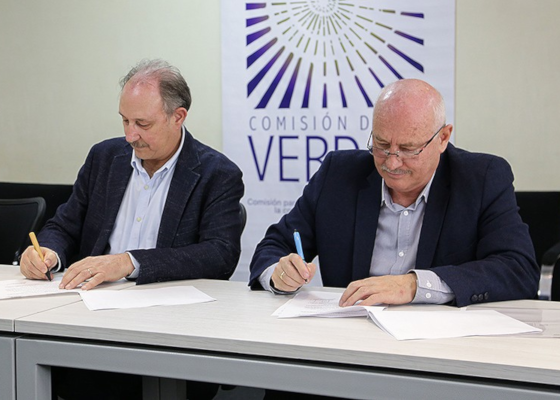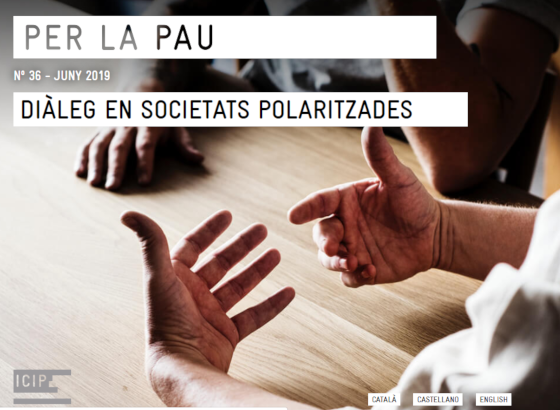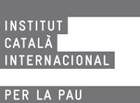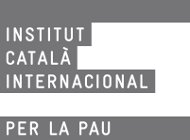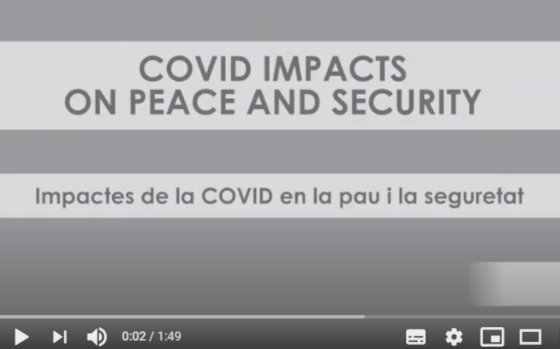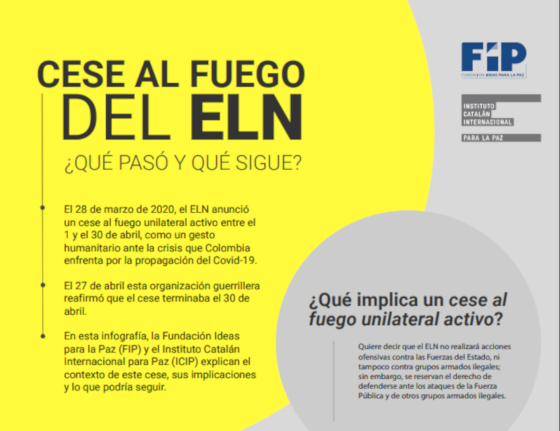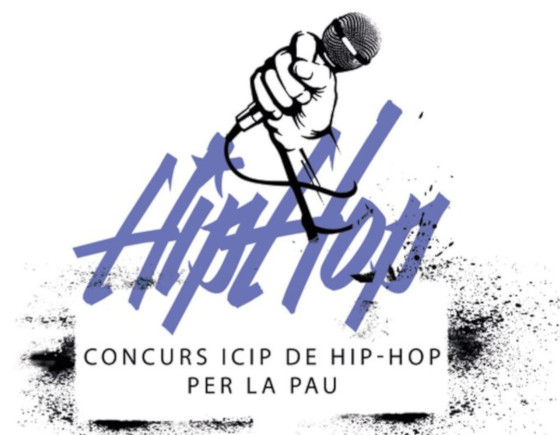After evaluating all the entries submitted, the jury of the fourth edition of the ICIP Hip Hop for Peace Contest has announced the winners for 2019. This contest aims to promote creativity and to draw attention to the commitment of young people in the field of peace. In this fourth edition, the award-winning pieces cover topics such as the denunciation of bullying and racism, the vindication of the feminist struggle and solidarity with refugees.
The contest is aimed at youth between the ages of 12 and 25 and has two categories.
In Category 1, aimed at students in secondary school, senior high school and vocational training school in Catalonia, the winning video clips were:
-First prize: Tenim més d’una resposta (We have more than one answer), a video clip created by fourth-year secondary school students at Daniel Mangrané School in Jesús (Baix Ebre), winners of the recording and music production of a rap piece in a professional recording studio with artistic support. The piece is a cry for respect and tolerance and a rejection of violence regarding, for example, the refugee crisis.
-Second prize: Que bonic seria viure tots en pau (How nice it would be to live in peace), a video clip created by first-year secondary school students at Montagut School in Santa Susanna (Maresme), winners of a rap workshop conducted by a hip hop professional. In this case, the piece is a denunciation of bullying.
-Special mention: Hip-hop per la Pau (Hip Hop for Peace), a video clip created by students at Caparrella Secondary School in Lleida (Segrià). Special mention for technical quality and use of double-time in a piece that rejects war and violence, and the complicity of Western democracies.
-Special mention: Desahogo previo a la muerte (Venting before dying), a video clip created by students at Hug Roger III Secondary School in Sort (Pallars Sobirà). Special mention for technical and audiovisual quality; in this case, for a piece that describes a world of structural violence, including violence against women.
In Category 2, aimed at young people between the ages of 12 and 25 from youth, cultural, civic or socio-educational action centers in Catalonia, the winners are:
-First prize: Tot ho podem canviar (We can change everything), a video clip created by youth at the Salesians Sant Jordi Social Education Center in Girona (Gironès), winners of the recording and music production of a rap piece in a professional recording studio with artistic support. It is a piece that reflects the fight against racism and demands respect for differences.
-Second prize: Rap per la igualtat (Rap for equality), a video clip created by youth at the La Kampana Youth Center in Manresa (Bages), winners of a workshop conducted by a hip hop professional. The piece is a vindication of the feminist struggle and equality.
The Hip Hop for Peace Contest aims to draw attention to the commitment and creativity of young people in the field of peace culture. The contest receives support from the Department of Education, the Directorate-General for Youth and the Catalan Agency for Development Cooperation. A total of 24 pieces were submitted to this edition of the contest.


